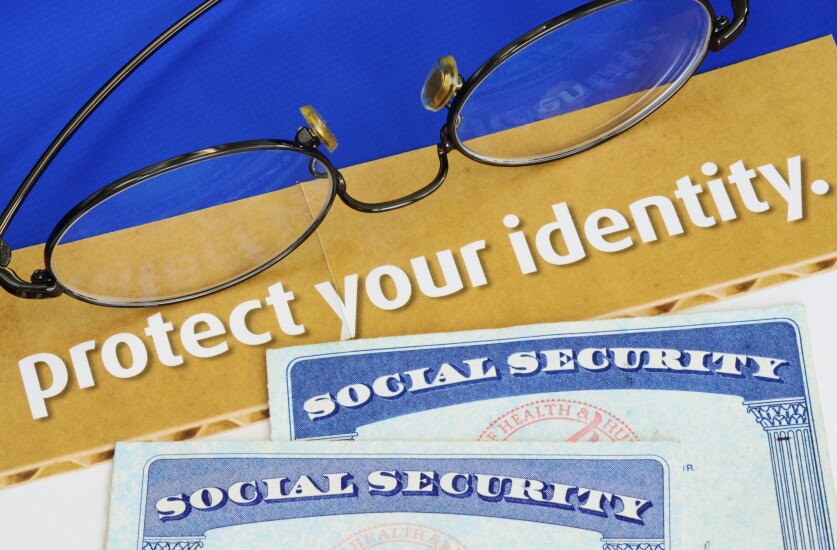The IRS again this year offers its annual list of the Dirty Dozen tax scams, a variety of common schemes that peak during filing season. Here they are, in reverse order.

Tax scams

12. Shorely you can’t be serious?

11. “Thank goodness I don’t have to pay taxes!”

10. Not in good hands at all

9. Living proof

8. “I can deduct my cat’s psychotherapy, right?”

7. Gassing on

6. Refund madness

5. Give until it hurts

4. Bad Apples Dept.

3. Who knows?

2. Closing the ring






